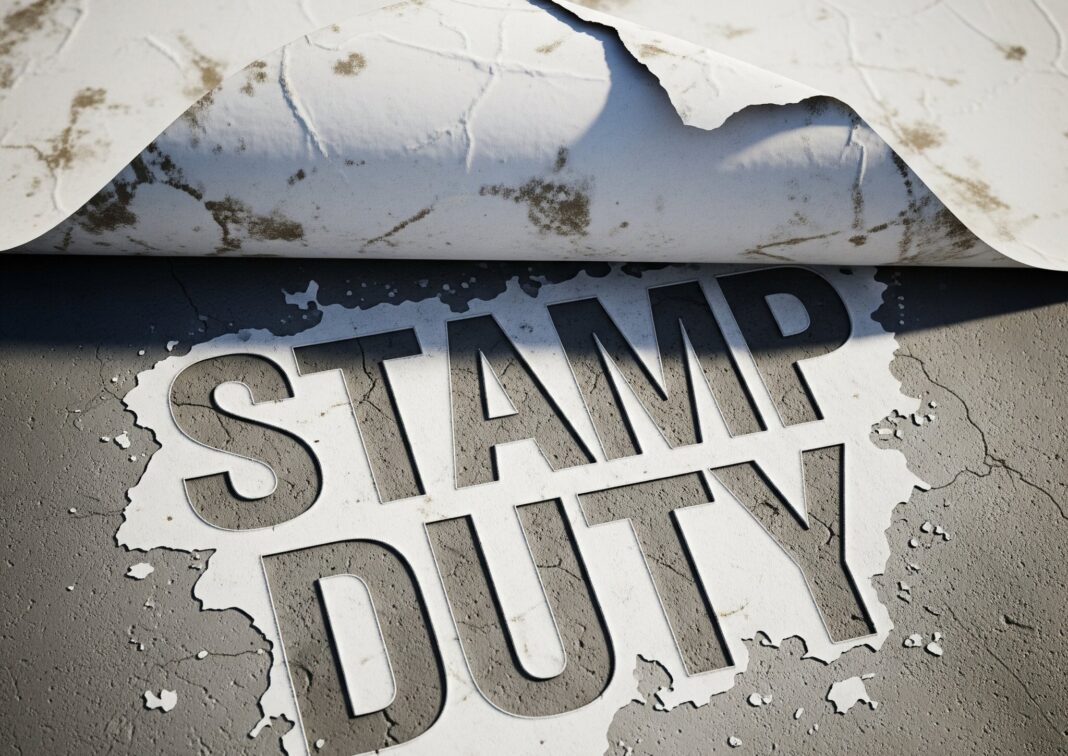Homebuyers have paid £10.8 billion in stamp duty so far this year, according to analysis of the latest HMRC data by Coventry Building Society – a 22% rise on the £8.8 billion collected during the same period in 2024.
The figures show that £1.5 billion was paid in September alone, up from £1.3 billion in August, despite growing uncertainty surrounding potential changes to property taxation ahead of the Autumn Budget.
Speculation first emerged in mid-August that the government was considering scrapping the hated duty and replacing it with a new property tax levied on sellers of homes worth more than £500,000.
The Treasury has not commented publicly on the reports, which has left both buyers and sellers in a state of uncertainty.
TRANSACTION PIPELINE
Industry analysts say the continued rise in receipts likely reflects deals already in progress before the rumours of reform began to circulate, as property transactions typically complete several weeks after an offer is accepted.
Any sustained slowdown in buyer activity could begin to affect receipts later in the year if households choose to delay purchases in anticipation of a potential tax change.
RUMOUR MILL

Jonathan Stinton, Head of Mortgage Relations at Coventry Building Society, says: “Buyers and sellers are being left in tax purgatory by the Treasury’s refusal to confirm or deny rumours of changes to stamp duty.
“Although the September receipts are for property purchases made after the speculation on property tax was already out there, it’s highly unlikely many buyers would have pulled the plug at such a late stage.
“But transactions could start to dwindle as some buyers choose to hold fire, and we may start to see tax receipts start to lose momentum as a result.”
BETTER COMMUNICATION
He adds: “Any reform to property tax needs to be well considered and well communicated. Buying a home is likely to be the most expensive purchase anyone can make, so it’s normal for people to want to understand the tax implications of waiting a few weeks if the difference could be thousands of pounds.”
HMRC’s most recent data also shows that residential transactions in the UK have remained broadly stable through the summer, but at a lower level than before the Bank of England’s series of interest rate hikes began in 2022.
Analysts suggest that even modest speculation about fiscal policy can influence market confidence, particularly in a climate of high borrowing costs and subdued house price growth.









